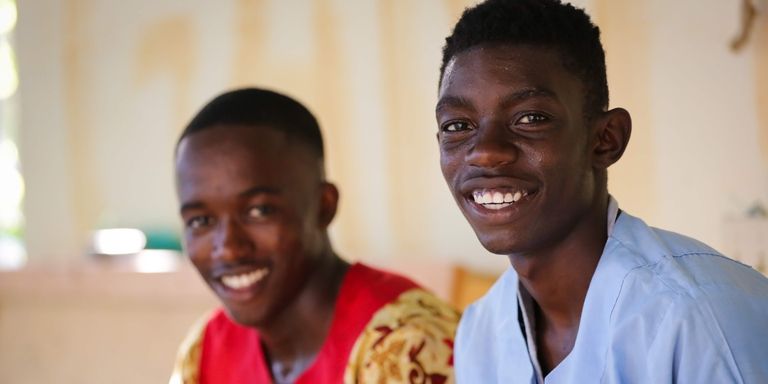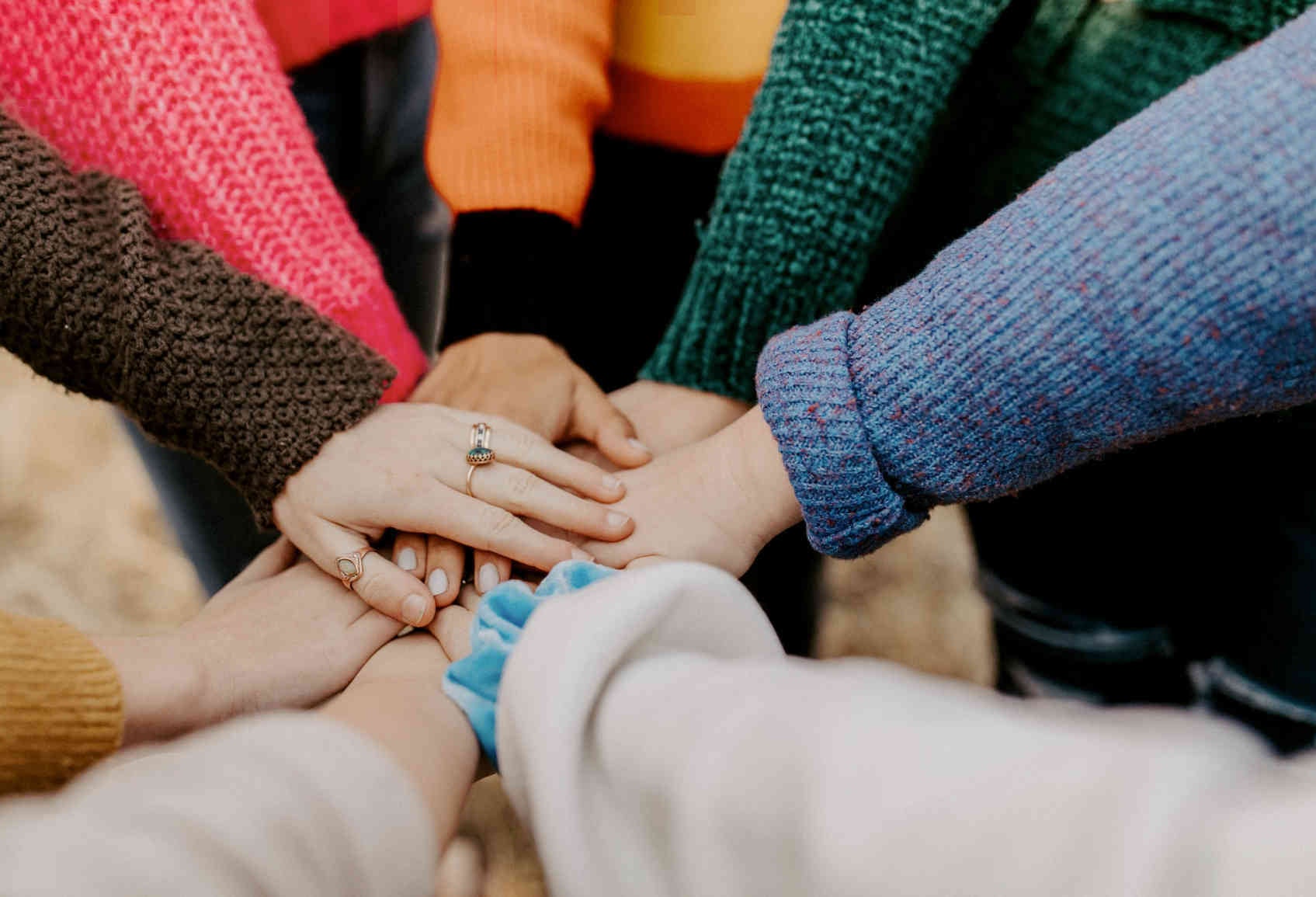African descendants are one of the largest, yet least visible population groups in Latin America and the Caribbean. Comprising 20-30% of the population, they represent about half of the region´s poor and face unique opportunity barriers in labor markets, and access to health services. The Bank works to address African descendants’ exclusion due to origin, racial, or ethnic status. Lines of action include economic empowerment, identification of racial gaps through data collection and harmonization and policy development at the national and sub-national levels.

We have trained 130 Afro-Colombian community leaders in skills to apply for and manage social projects following the Colombian Adjusted General Methodology (MGA), necessary to request and access national public funding. The training resulted in 60 projects oriented to improving the lives of their communities.
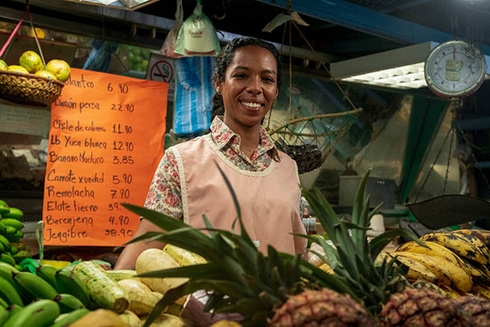
We launched the Inclusive Economic Development Forum to disseminate good diversity practices implemented by leading private companies. We also created the Business Coalition for Racial and Gender Equity, a space for exchanging experiences in the development of policies and practices aimed at overcoming racial and gender discrimination in the public and private sectors and civil society.
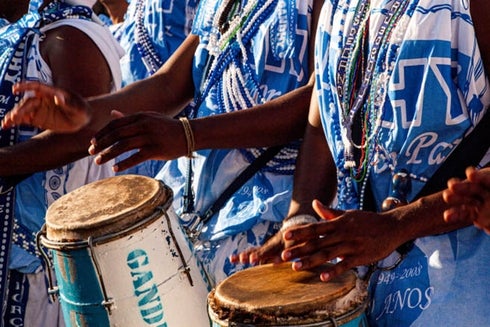
Inova Capital, Afro-Brazilian Entrepreneurship Support Program, worked with 30 Afro-Brazilians who run innovative companies with high growth potential and social and environmental impact, providing training on risk capital and access to financing, to strengthen their skills to attract capital and negotiate with investors. 22% of the participants obtained some form of financing and 61% increased their income since the beginning of the program in 2016.
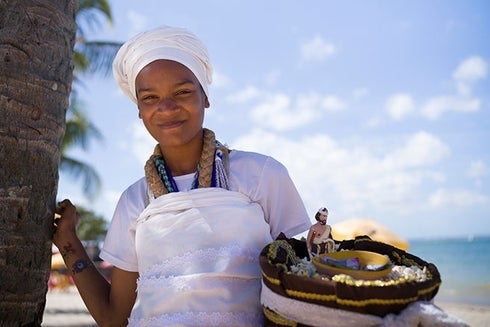
We spearheaded the Tourism Development Program (PRODETUR), an innovation aimed at increasing the income and formal employment opportunities of the Afro-descendant population of the city, focusing on local culture, the commercialization of tourism, institutional strengthening for inclusive tourism management, and environmental management in traditional communities or quilombos. The Afro-Brazilian inclusion plan was developed with over 600 local leaders and experts in Afro-Brazilian businesses, tourism, and culture. The program will train 2,000+ micro and small businesses.
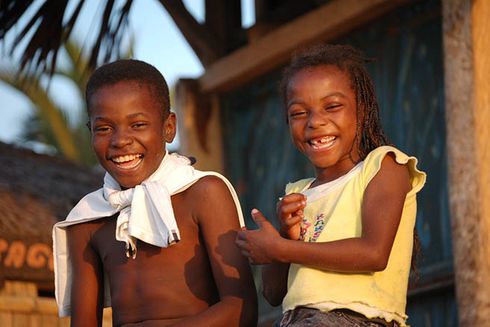
We supported the Office of Planning and Budget (OPP) of Uruguay in the elaboration of the National Strategy on Public Policies for Afro-descendants and Afro-Uruguayans (2017 - 2030), with the purpose of eliminating the ethnic and racial gaps that affect Afro-descendants. We collaborated with Medellín, Montevideo, Quito and Mexico City, four cities of the Latin American and Caribbean Coalition of Cities against Racism, Discrimination and Xenophobia, in the Regional Public Goods program to create integrated action plans to promote inclusion and combat racism, discrimination, and xenophobia.

We funded, together with local government authorities and civil society, the development of SomosAfro.org, designed to empower residents of predominantly Afro-descendant communities to propose ideas and solutions to the problems that impact their communities.






Discover the topics in which we work to improve lives in Latin America and the Caribbean.
Explore our offices across countries and the work they do to improve lives.
